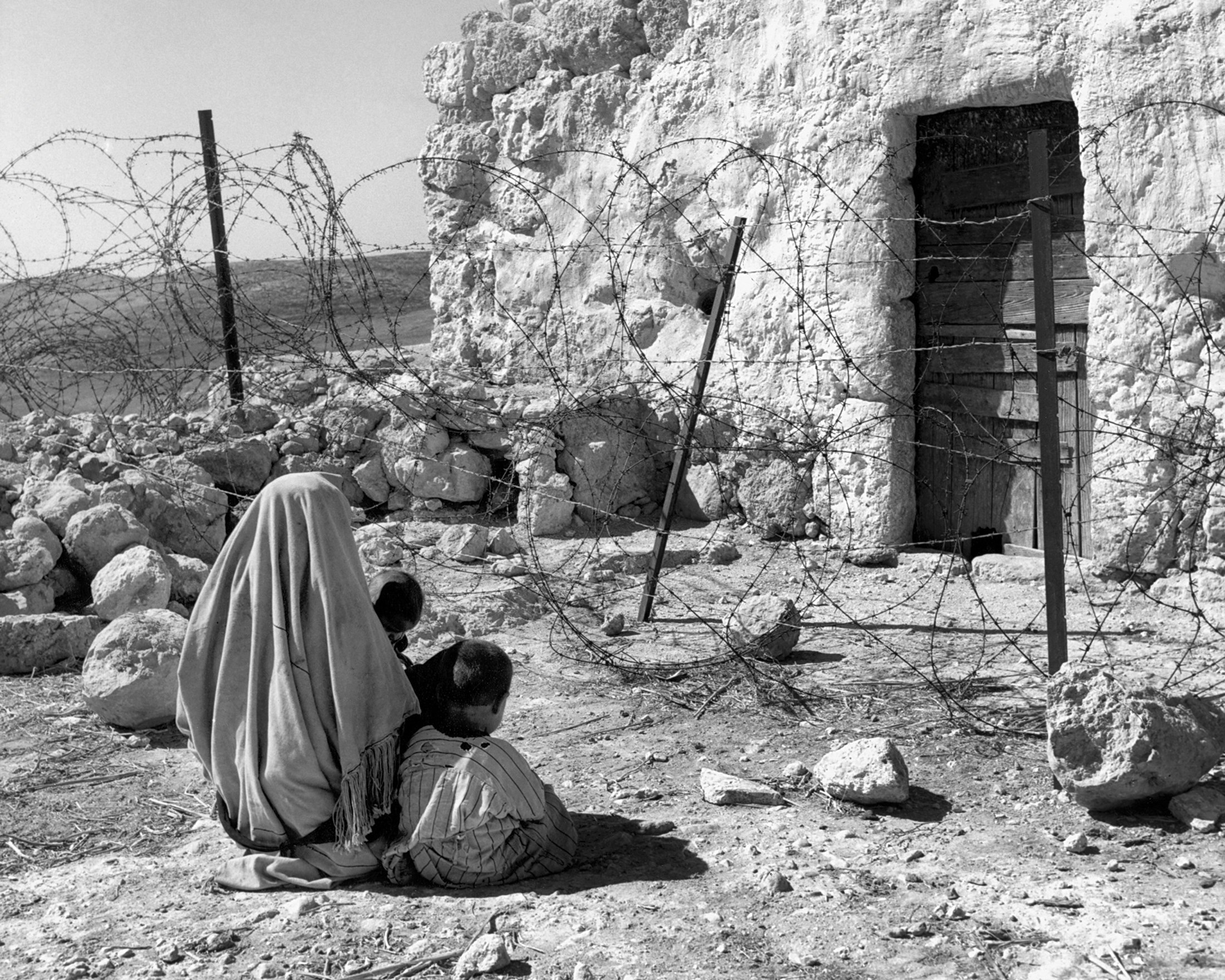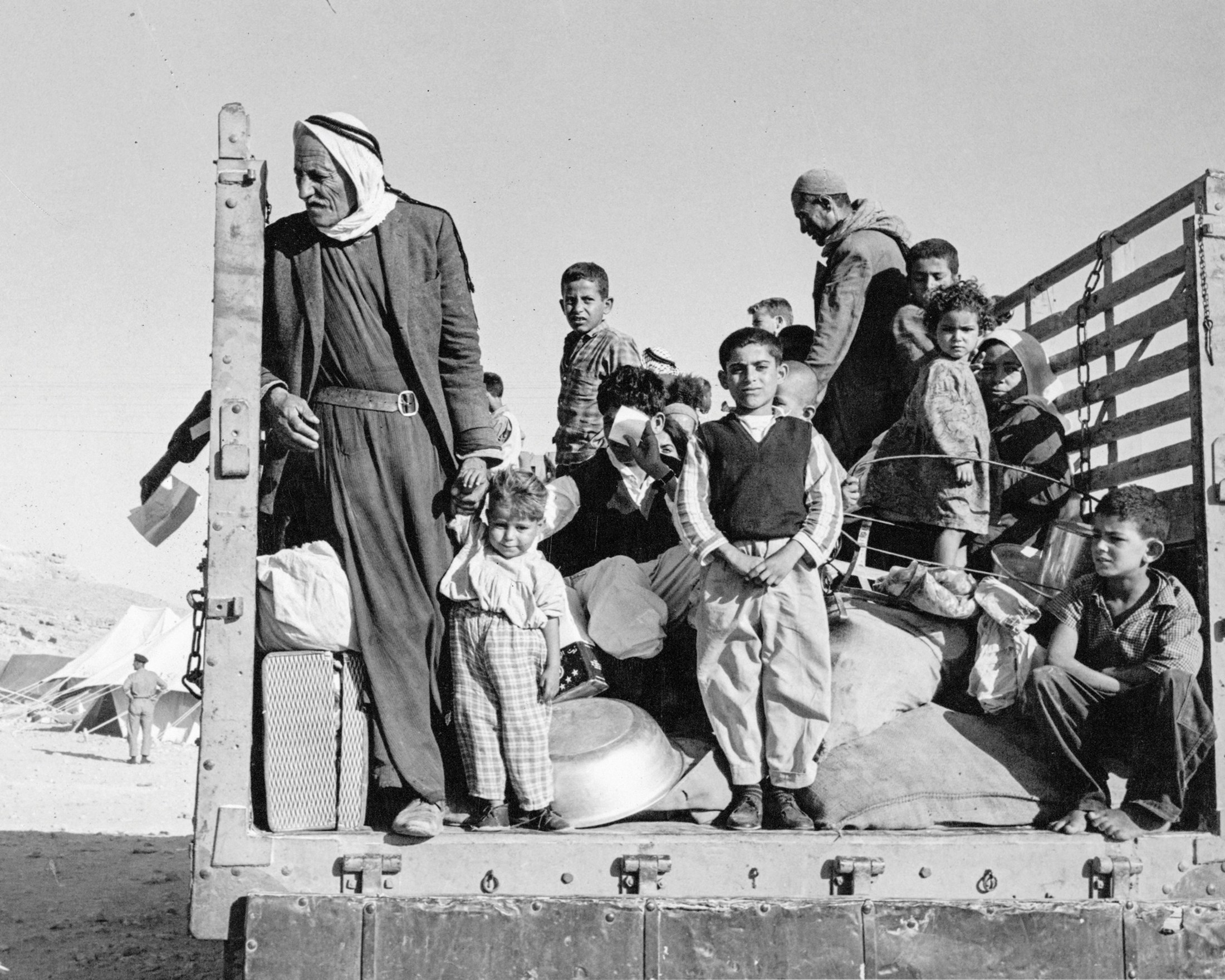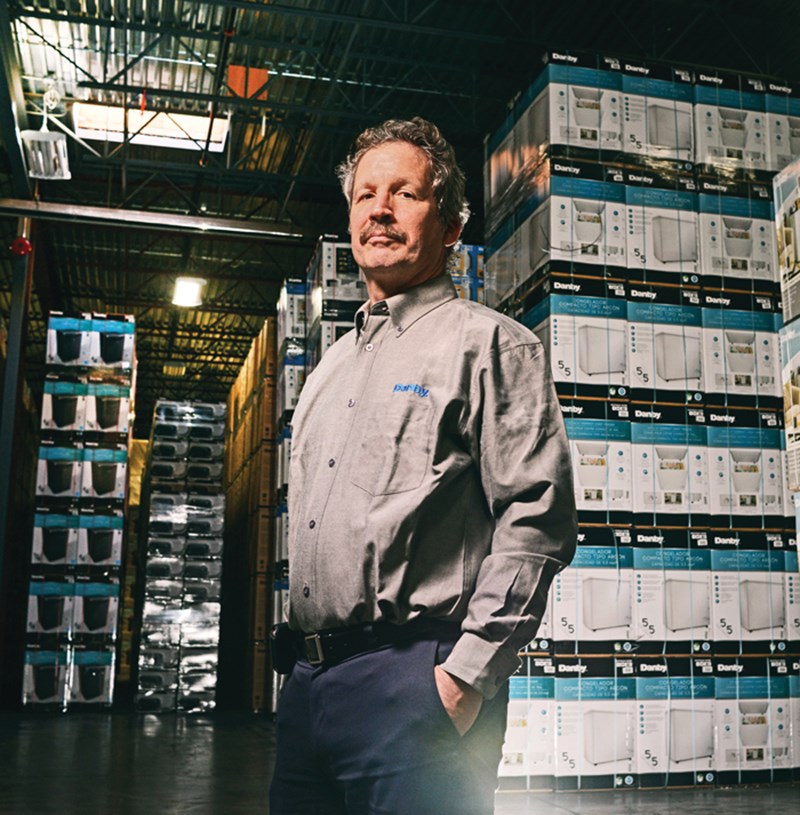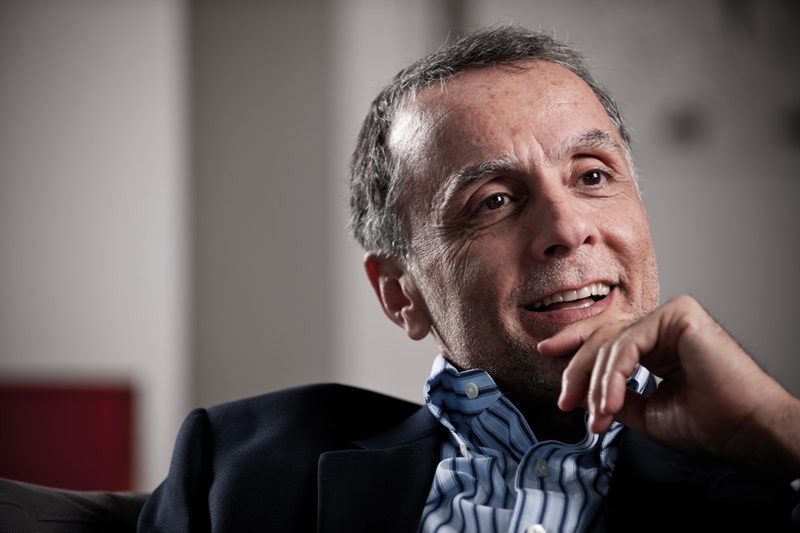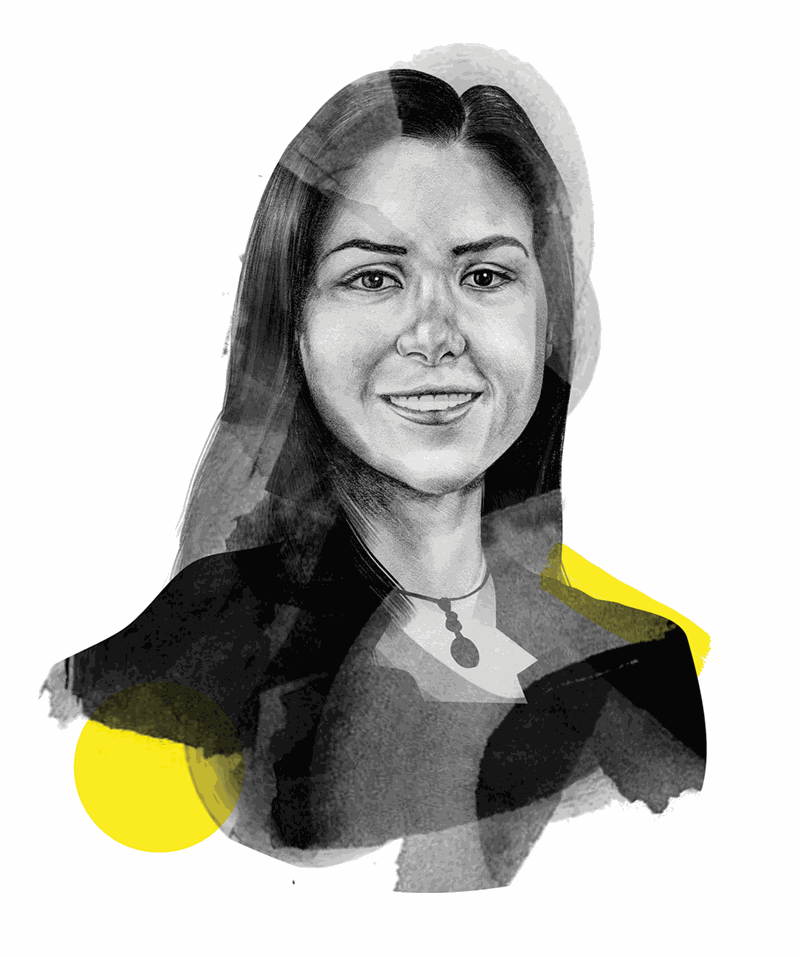A half-century of semi-peace and semi-war has cast a long pall over Palestine’s people. On 5 June 1967 Israeli forces swept through east Jerusalem and the Palestinian territories. The latest in a series of conflicts, the six-day war quickly laid claim to the West Bank and the Gaza strip, setting the scene for 50 years of dispute and displacement, and birthing what remains the world’s longest-running military occupation.
Coupled with nearly seven decades of dislocation since the first Arab-Israeli war, life for Palestine’s refugees is bleak.
The main caretaker of the fallout, the UN Relief and Works Agency for Palestine Refugees (UNRWA), has seen the number of people in its care spiral from 750,000 in 1948 to some 5 million today, encompassing four generations of Palestinians. More than 40 per cent of the refugees it supports live in Gaza and the West Bank, 40 per cent live in Jordan and the remainder reside in Lebanon and Syria – still stateless, after decades of exile.
The challenges vary from place to place. Although Lebanon shelters the most refugees per capita, legal barriers – from restrictions on owning property, to a ban from working in some 36 professions – means 65 per cent of the 450,000 Palestinians there live in poverty, eking out $195 a month, less than half the average for their Lebanese counterparts, according to UNRWA.
The situation for families in Syria is, predictably, dire. Since the outbreak of civil war, 460,000 Palestinian refugees in Syria need aid. A further 42,000 – twice displaced – now swell the ranks of refugees in Lebanon with an additional 16,000 in Jordan.
“They represent another generation of Palestinians suffering a loss of identity, livelihood and a home,” says Pierre Krähenbühl, UNRWA’s commissioner-general. “The level of dispossession and despair among that community is extreme.”

